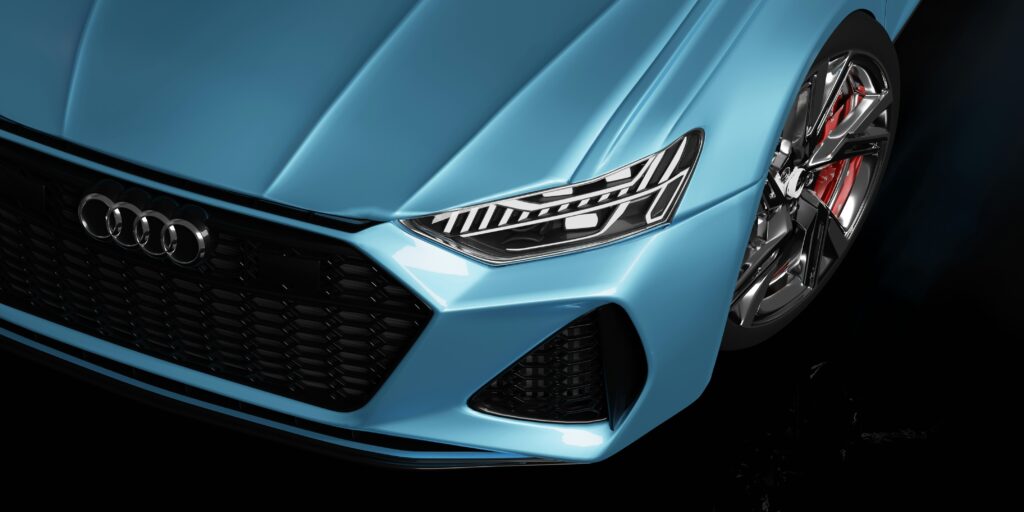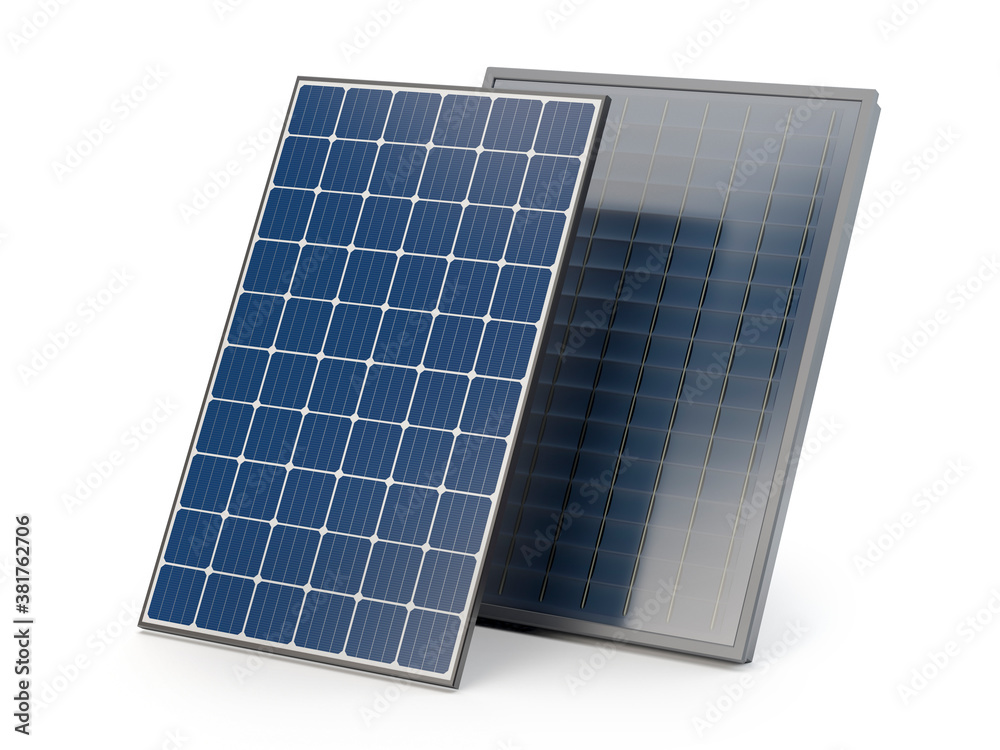Volkswagen is contemplating the relocation of Porsche and Audi electric vehicle (EV) production to the United States. This move aims to counter the potential imposition of 25% tariffs on European imports, a proposal put forth by former President Donald Trump.
Volkswagen’s global deliveries dipped by 2.3% in 2024, totaling slightly over 9 million units. The group’s EV sales, including Porsche and Audi, fell by 3.4%, from 771,100 units in 2023 to 744,800 in 2024. Despite a rise in EV sales in China by 8.3%, Volkswagen faced setbacks in Europe and the U.S., where the ID.4 model saw a 55% sales decline. Porsche’s Taycan also saw a 20% sales drop, although the electric Macan launch in late 2024 showed promise.
To mitigate tariff impacts on its luxury brands, Volkswagen is exploring U.S. production options for Porsche and Audi EVs. Currently, these models are manufactured outside the U.S., making them susceptible to tariff increases. The company is considering expanding its existing Chattanooga, Tennessee plant and potentially utilizing a new facility in South Carolina, originally planned for the Scout brand, which launches in 2027.
Volkswagen’s decision aligns with a broader trend of automakers seeking to localize production to avoid trade barriers and respond to market disruptions. Industry experts suggest that relocating production could help Volkswagen maintain competitive pricing and strengthen its market position amidst shifting trade policies.
Volkswagen’s potential shift to U.S. manufacturing for Porsche and Audi EVs could play a crucial role in navigating the challenges posed by impending tariffs, ensuring the company remains a formidable player in the global automotive industry.
Article Source: VW considers U.S. production for Porsche, Audi EVs amid tariff threats
Image Credit: Photo by Ivan Bonadeo on Unsplash












